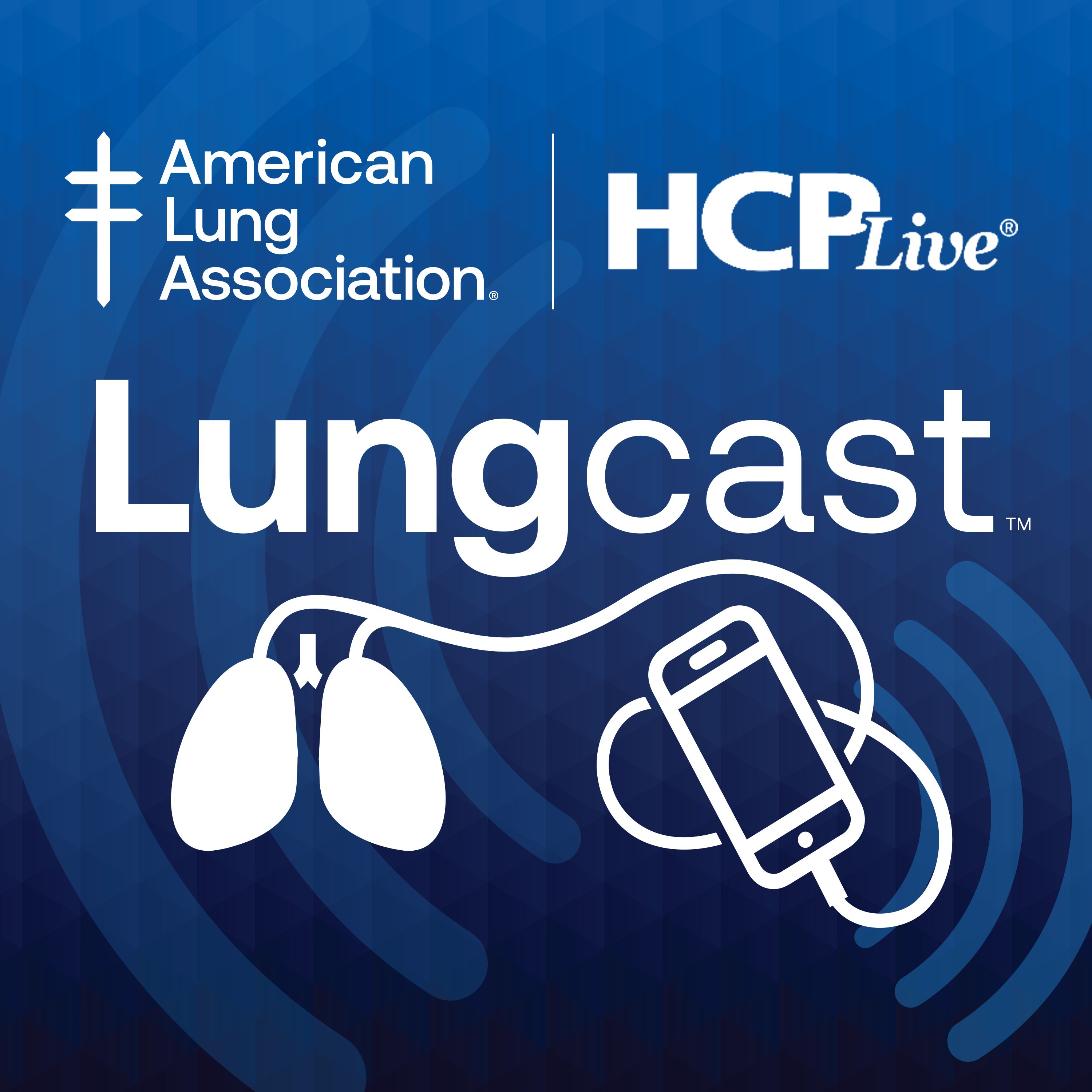Video
Sickle Cell Disease Management: L-Glutamine Therapy
Author(s):
Shared insight on L-glutamine therapy in sickle cell disease, with deference to observed efficacy and safety considerations.
Transcript:
Ifeyinwa Osunkwo, MD: Excellent. The next medication for discussion is Endari [L-glutamine]. Dr Shah, can you tell us about your understanding on how Endari works, who should get it, cost, and risk/benefit ratio?
Nirmish Ramesh Shah, MD: In the scope of the different options we have, we have hydroxyurea, which has a lot of data, a lot of studies, and has now expanded to pediatrics. We’re trying to figure out how well it works in different situations. We can now use it in patients who’ve had a stroke; it’s expanding what good it does. The interesting thing about Endari is that it was approved with great data to show that yes, it does improve pain. There was a 25% decrease in the median level of pain from 4 to 3, there was a decrease in hospitalizations from 3 to 2, and there’s a decreased incidence of acute chest syndrome. However, there are a couple of nuances that we should consider. The first is, we actually don’t have a ton of data after that, there just haven’t been a lot of rigorous studies to continue the conversation about what else it could do. The second is that it is an oral medication, but it’s a powder. It’s approved for age 5 years and older, but it’s a powder you’ve got to mix, and you take it twice a day. Now, L-glutamine, which is what Endari is, is an amino acid. The version for this trial was pharmaceutical grade, the Endari, so it’s not what you get at the GNC store. That doesn’t really help with compliance. We’ve already mentioned how compliance for anyone, myself included, it’s hard to take medications every single day. Then you say twice a day, and it’s a powder, and you’ve got to mix it up. If you don’t mix it up just right, you may taste it, and it might be a little gritty. So there are a couple of things there that may not help patients feel that they can be successful with being compliant.
Then the last thing to consider is, are there adverse effects? There are not a lot of adverse effects. Some patients get a bit of upset stomach, but for the most part, they don’t have major issues with Endari. I think it’s the compliance issue that’s limited our usage. Historically, we haven’t had an exceeding number of patients who [want to take it.] In my experience, it is patients who are opposed to a medication in general, or if we say more homeopathic, and are looking at other options that are not medication. This is an amino acid. In that sense, the patients sometimes are more receptive to consider a medication that’s not really a medication. Those are some of the things to consider for Endari. I should also say it is additive to hydroxyurea; I want to make sure I clarify that because it also comes up, even more so with the other 2 medications. “You’ve got these new medications, can I stop the hydroxyurea and just take this?” The answer is no, absolutely not. We again, have a lot of great data for hydroxyurea, however Endari is additive. In the study that got Endari approved, about two-thirds of the patients were on hydroxyurea and still had a benefit. This is additive to hydroxyurea.
Transcript edited for clarity.





